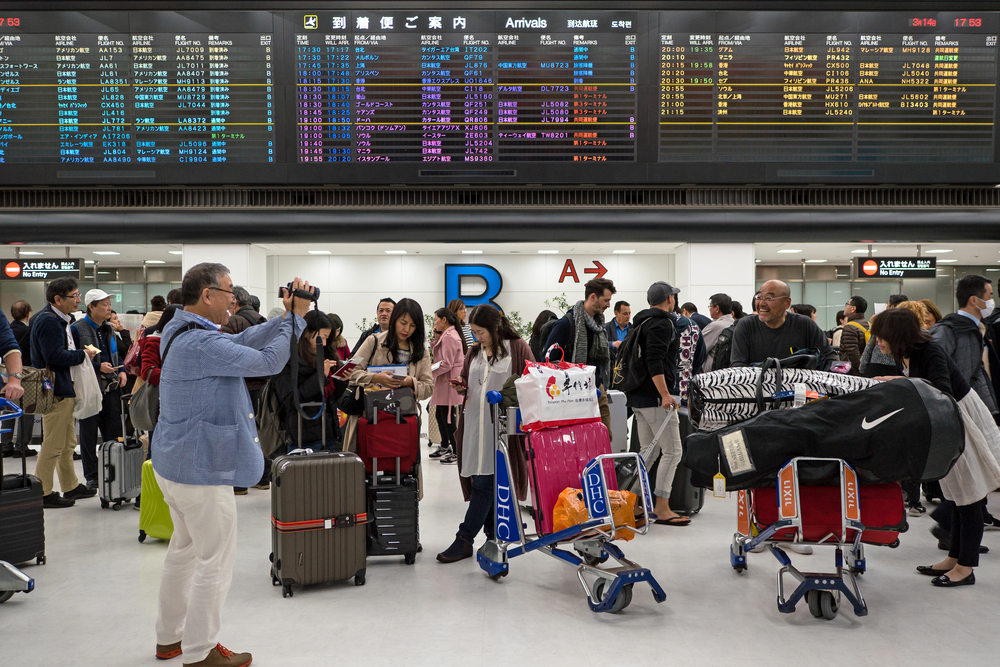Japan’s new 1,000 yen (US$9.10) departure tax is unlikely to deter Indonesians from visiting Japan, although currency movements contributing to slowing growth in demand for the hot destination, outbound specialists in the country say.
According to a bill approved by the Diet in April last year, the “sayonara tax” will be charged at the time the traveller buys air or sea tickets, with infants and toddlers under two years old exempted. Travellers who are in Japan for less than 24 hours will also be exempt from the tax.

Putu Ayu Aristyadewi, group vice president marketing & communications at Smailing Tour, said it is unsurprising that travellers are accepting of the new departure tax, given that Japan is one of the most favoured travel spots for Indonesians.
Besides, Putu Ayu said Japan has new attractions every year so tourists never get bored and want to keep returning. On its part, Japan has also been actively promoting halal tourism recently.
Other agents are optimistic that the demand for Japan among Indonesian travellers will continue to grow despite the new tax, with Edhi Sutadarma, director at Golden Rama Tours and Travel, still receiving new bookings for the coming months.
Edhie added that his clients to Japan did not question the sayonara tax, perhaps because the amount is “still affordable”.
The inclusion of the tax in air ticket prices also did not make Indonesian travellers feel burdened by it, as travellers consider it only as an airport tax, similar to departure levies imposed in other countries like the US, the UK, Australia, Germany, Thailand, China and Singapore.
Rather than the sayonara tax, Hellen Xu, COO at Panorama JTB, is more concerned about the potential impact of a weakening rupiah against the yen.
A depreciating rupiah has made the price of tour packages to Japan more expensive. If Panorama usually sells tour packages worth 25 million rupiah (US$1,766) to 26 million rupiah per person, the stronger yen means tour prices have increased to 30 million rupiah.
She said: “This makes travellers think twice about vacationing in Japan. In the end many travellers are diverting their vacations to South Korea.”
Hellen added that the weakening of the rupiah against the yen also slowed the growth in demand for Japan. “In 2017 we were able to record growth above 30 per cent, but because of the unstable currency the market only grew 10 per cent last year,” she remarked.




















